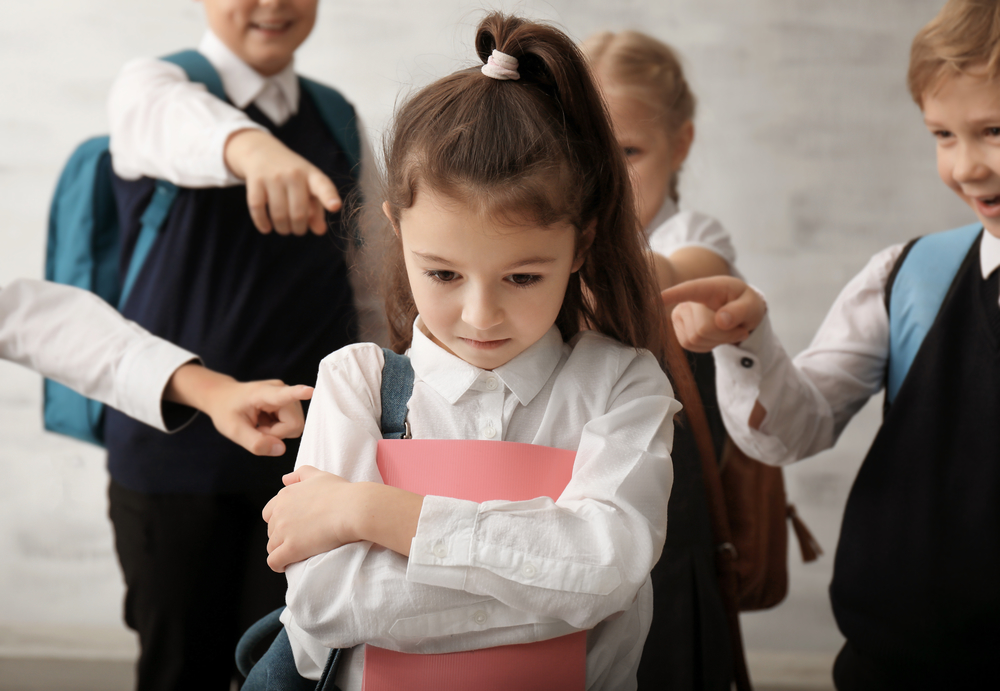By Marianne Connolly
Every parent has been there: you notice something different in your child’s behaviour, and the question pops into your mind—Is this normal, or is there something more going on?
I get it—it’s easy to feel overwhelmed by the wealth of information available, and when you search for answers online, it often seems like the worst-case scenarios are staring back at you. The truth is, while it’s natural to worry, many behaviours that seem concerning are perfectly normal parts of growing up. The key is knowing when to take a step back and when to pay attention to signs that might indicate more serious concerns.
Before you hit the panic button, let’s talk about three simple, everyday practices that can help support your child’s mental health without jumping to conclusions.
1. Be a Role Model
Children often reflect the behaviours they see in the adults around them, especially their parents. You may not realise it, but how you handle emotions, stress, and even the small everyday moments can teach your child important life skills.
Imagine this: You’re stuck in traffic, and the frustration starts to bubble up. If your child sees you take a deep breath, smile, and calmly accept the situation, they will begin to model that patience and resilience when faced with their own challenges. On the other hand, if they see you getting angry or upset, they may learn to react in the same way when they encounter difficult situations.
What can you do today to model the behaviour you want to see in your child? It’s not about being perfect—it’s about showing your child how to respond to life’s inevitable challenges with grace. Think about how you react when things don’t go as planned, whether it’s losing your keys or dealing with a difficult situation at work. How you respond will teach your child how to respond too.
If you find yourself reacting negatively, don’t be hard on yourself. Acknowledge it, apologise if needed, and show your child that it’s okay to make mistakes. This teaches them that no one is perfect and that we can always work to improve.
2. Make the Most of Car Rides
Car rides aren’t just a means to an end—they’re a great opportunity to bond, chat, and engage your child in the world around them. With busy schedules, it’s often hard to find time for meaningful conversations, but the car can be an ideal space for connection.
As you drive, look for ways to point out things in the environment and start conversations about what you see. From construction sites to funny signs to animals you pass by, the car offers endless opportunities to spark curiosity. Try asking open-ended questions like, “What do you think they’re building over there?” or “What do you think makes that animal special?” These questions encourage your child to think critically about their environment and engage in meaningful dialogue.
This simple practice not only helps build your child’s curiosity but also develops their social skills. The more comfortable they are discussing the world around them, the easier it will be for them to make friends and communicate with others.
Don’t underestimate the power of these little conversations. Even if you’re just asking, “What’s your favourite part of the drive?” or “What’s the funniest thing that happened today?”—these questions can open doors to deeper discussions about your child’s thoughts and feelings. It’s also a great way to help them process their day in a relaxed, stress-free environment.
3. Help Your Child Understand That Being Anxious is Normal
As parents, we want to protect our children from negative emotions, especially anxiety. We might feel like it’s our job to fix every nervous or worried moment. But here’s the truth: anxiety is a normal part of life. Every child and every adult experiences it at some point. In fact, the ability to feel anxious can be a sign of growth and preparedness for life’s challenges.
It’s important to reassure your child that feeling nervous or anxious is not something to be ashamed of. Whether it’s before a big test, a sporting event, or a school presentation, nerves are a natural response to stepping out of one’s comfort zone.
When your child expresses anxiety, acknowledge their feelings but also provide reassurance. You might say something like, “It’s okay to feel nervous before you speak in front of the class. Everyone feels that way sometimes. What’s important is that you’re brave enough to try anyway.” This kind of encouragement helps your child build resilience and teaches them that anxiety doesn’t have to hold them back.
Also, give your child tools to manage their anxiety. Breathing exercises, visualization techniques, and even simply talking about their worries can help them feel more in control. Let them know that there is no “right” way to feel and that emotions, even the uncomfortable ones, are a natural part of life. This can give them the confidence to face their fears without feeling like something is “wrong” with them.
Conclusion: Small Actions, Big Impact
As a parent, it’s easy to feel overwhelmed by the responsibility of supporting your child’s mental health. However, you don’t need to be perfect or have all the answers. The small actions you take every day—whether it’s modelling patience, engaging in thoughtful car conversations, or normalizing anxiety—can have a huge impact on your child’s emotional well-being.
By practising these simple steps, you’ll help your child build resilience, emotional intelligence, and confidence. And don’t forget—being present, supportive, and encouraging is just as important as any specific strategy you use. You are your child’s biggest advocate and guide.
If you ever feel unsure or overwhelmed, there are many resources available to support both you and your child. Parenting books, online communities, and professionals can help you navigate tricky moments and provide additional strategies. Remember, you’re not alone on this journey. One small step at a time, you’re creating a safe and nurturing environment where your child can thrive.
So, trust yourself. You’ve got this.
Marianne Connolly is the Junior School Director of St Paul’s School in North Brisbane
You may also like to read:








